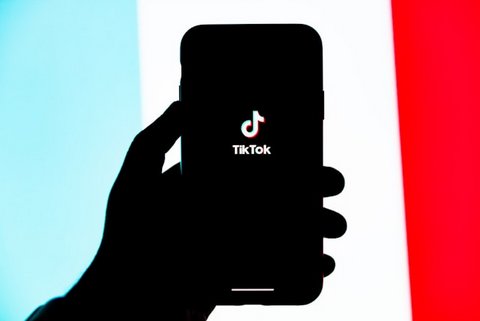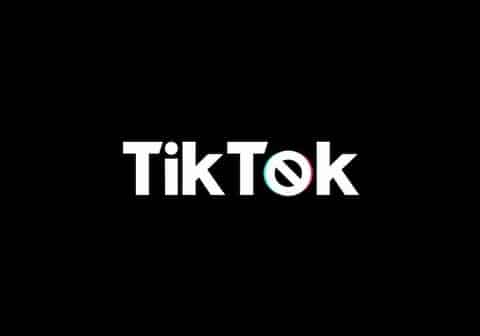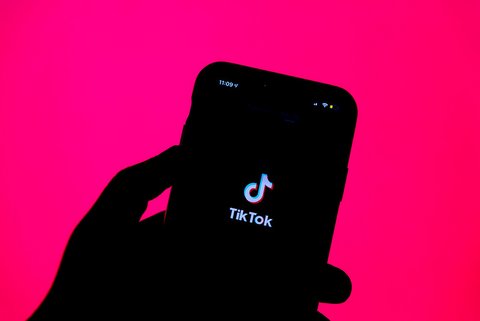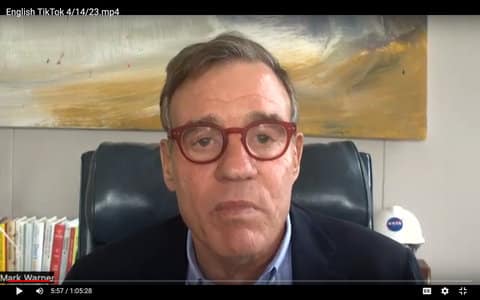
11 Jun When it Comes to the Youth Vote, TikTok Ban is Bad Politics

(Photo by Solen Feyissa on Unsplash)
By Jeannine Chiang, Ethnic Media Services
The clock is ticking for TikTok, the wildly popular social media platform that boasts 150 million monthly users in the U.S. Citing national security, President Biden in April signed a bill passed by Congress ordering the Chinese-owned company to sell its U.S. operations within a year or be banned.
For young people like me, the ban is a direct violation of our nation’s most fundamental freedom and, if it goes forward, could further erode support for the Biden campaign.
“It’s so cooked,” said Cindy, a junior at Burlingame High School near San Francisco, using a phrase popularized by the app itself. Still, she described TikTok as a form of “brain rot,” with its hours of endless scrolling.
>>>Read: Why I Deleted TikTok From My Phone and My Life
“I’m frustrated that an outlet meant for fun is being turned into a political weapon,” said junior Genvieve.
Other students interviewed for this story shared responses that ranged from indignation to indifference.
“It’s a really sad truth. I don’t understand the point of banning TikTok when there are other identical social media apps still around,” said Nikita, a sophomore. “It feels like the ban solves a whole lot of nothing.”
>>>Read: Lawmaker, Human Rights Advocates Debate TikTok Ban Legislation
“There are so many bigger issues in the world that the U.S. government could focus on, but of course, of all issues, they choose to ban TikTok. This just shows that if the government wants to solve a problem, they will. We need this approach with so many other national concerns, too,” noted Justin, a freshman.
Then there’s this. “It honestly doesn’t matter. I don’t care. I’ll just go on Instagram reels instead,” Luke, a rising junior, said.
Yes, the responses are all over the place, kind of like the platform itself. But as a student journalist, I can’t help but view the proposed ban through the lens of America’s standoff with China. This isn’t about protecting our privacy so much as it is about exerting pressure on Beijing at our expense.
>>>Read: Is TikTok Out of Time? Teens Have Their Say
TikTok’s meteoric rise and its Chinese ownership by ByteDance have made it an easy target in the growing economic and technological rivalry between the world’s two superpowers. It’s a strategic move, a way for the U.S. to hit back at China’s growing influence in the tech world.
By framing the ban as a matter of national security — even without hard evidence that TikTok’s owners are passing user data onto Beijing — the U.S. government can rally public support and divert attention from the underlying political maneuvering. It’s a convenient pretext, masking a broader agenda aimed at curbing China’s technological advancements and maintaining U.S. dominance.
And in this case, that dominance comes at the cost of curbing our rights as Americans under the First Amendment, which guarantees our right to speak, publish, and access information without undue government interference. By banning TikTok, the government is overstepping its bounds and encroaching on these essential freedoms.
It is also striking at the core of my generation’s political engagement.
“Congress has chosen to ban an app that has been one of the most powerful platforms for youth organizing,” Aidan Kohn-Murphy, founder of the organization Gen-Z for change, told Al Jazeera, referring to the app’s immense popularity with the younger generation.
According to a 2022 report by Measure Protocol, members of Gen-Z spend an average of 12.4 hours per week on the platform, which has become a vital tool for organizers like Kohn-Murphy.
Others argue the platform’s role in exposing American youth to the violence in Gaza and to pro-Palestinian content is adding more fuel for those pushing the ban.
But in a true democracy, diverse voices and opinions must be allowed to flourish, even if they are hosted on platforms owned by foreign entities. Suppressing these voices under the guise of national security weakens the foundation of our free society, creating a domino effect that threatens other platforms or media more generally with similar restrictions, further limiting our free speech.
For its part, TikTok, along with several content creators, is suing the federal government over the ban on the grounds that forcing a sale of the platform would violate First Amendment rights. “Rest assured, we aren’t going anywhere,” TikTok’s Chief Executive Shou Zi Chew told users in a recorded video message shortly after the ban was announced.
Then, as recently as last week, former president and current GOP candidate Donald Trump joined the platform and told reporters he would “never ban TikTok.” The move puts the ball back in Biden’s court.
His backing of Israel in its war on Gaza has already cost him support among young people as seen in the ongoing college protests. With polls showing a tight race in November, Biden can ill afford to alienate young voters further.
Banning TikTok would do just that.
Jeannine Chiang is an aspiring journalist and a rising senior at Burlingame High School in Burlingame, California where she is a reporter for the school paper, The Burlingame B.






No Comments